An overview of selected new books in Szilárd Library, with a word from their authors, reviewers and publishers
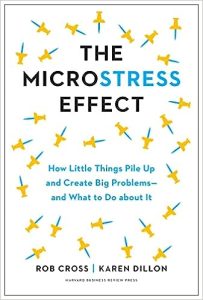
by Rob Cross and Karen Dillon
Microstress is the hidden epidemic of small moments of anxiety that infiltrate both our work and personal lives. Drawing on fresh research, Rob Cross and Karen Dillon will teach you how to recognize and manage the most common forms of microstress, and even remove some from your life.
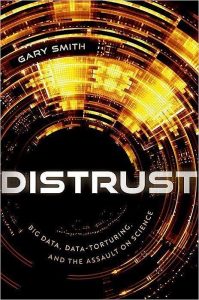
By Gary Smith
There is no doubt science is currently suffering from a credibility crisis. Using a wide range of entertaining examples, this fascinating book examines the impacts of society’s growing distrust of science, and ultimately provides constructive suggestions for restoring the credibility of the scientific community.
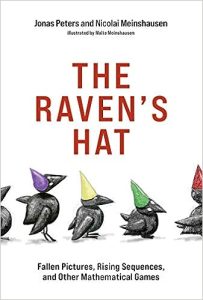
By Jonas Peters and Nicolai Meinshausen
This book presents a series of engaging games that seem unsolvable, but can be solved when they are translated into mathematical terms. The games allow readers, including university students or anyone with high school-level math, to experience the joy of mathematical discovery.
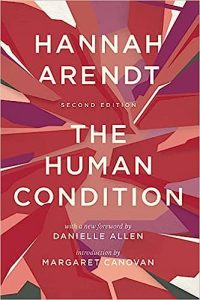
By Hannah Arendt
The Human Condition is in many respects more relevant now than when it first appeared in 1958. The problems Arendt identified then—diminishing human agency and political freedom, the paradox that as human powers increase through technological and humanistic inquiry, we are less equipped to control the consequences of our actions—continue to confront us today.
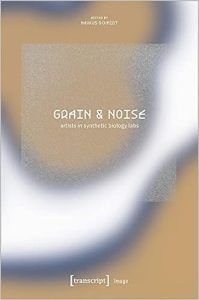
Edited by Markus Schmidt
The collaboration between scientists and artists in the form of Artist-in-Lab residencies may not only cause a productive disturbance for a day’s work in the laboratory, but also reveal new ways of understanding. These stories, where chemistry labs, tobacco plants, genetically edited bacteria, and new-to-nature enzymes collide with music, photography, film, and visual arts, infuse the ongoing dialogue between art and sciences with grain, noise, and synergies.
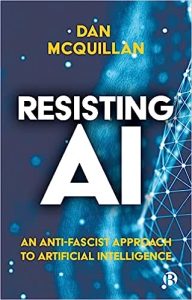
by Dan McQuillan
Artificial Intelligence (AI) is everywhere, yet it causes damage to society. Instead of helping to address our current crises, AI causes divisions that limit people’s life chances, and even suggests fascistic solutions to social problems. This book provides an analysis of AI’s deep learning technology and its political effects and traces the ways that it resonates with contemporary political and social currents.
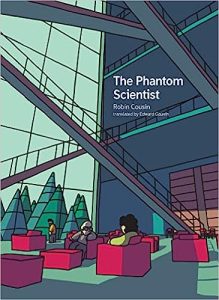
By Robin Cousin
A mind-bending graphic novel about isolated institute laid out in a Fibonacci sequence, hidden deep in the forest. Twenty-four labs. Twenty-four researchers. Until one of them disappears . . . The Phantom Scientist is part thriller, part mystery, part systems theory—and all enthralling. The tale slyly draws together linguistics, biology, astrophysics, and robotics in a mind-bending puzzle that will thrill and inform readers.
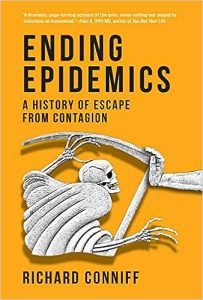
By Richard Conniff
Richard Conniff recounts the moments of inspiration and innovation, decades of dogged persistence, and, of course, periods of terrible suffering that stir individuals, institutions, and governments to act in the name of public health.







